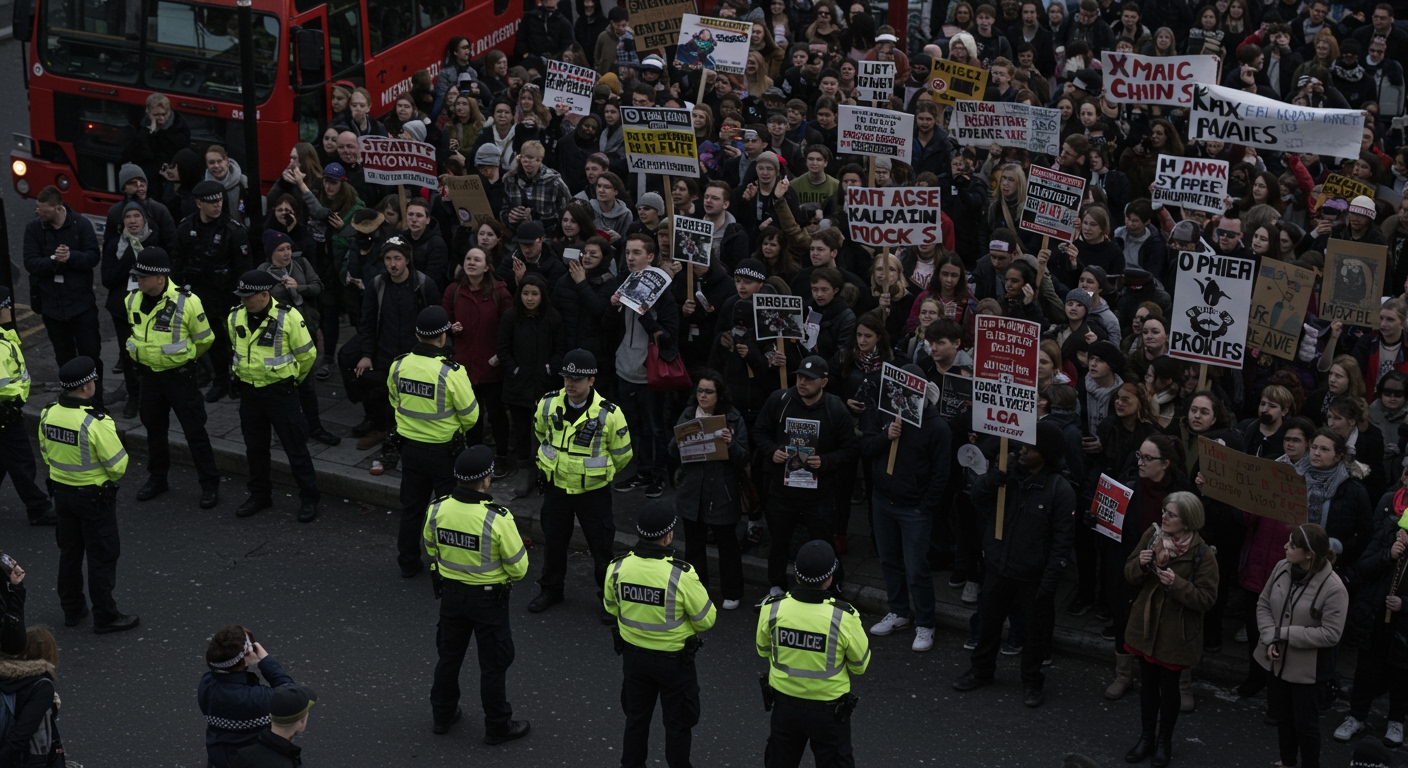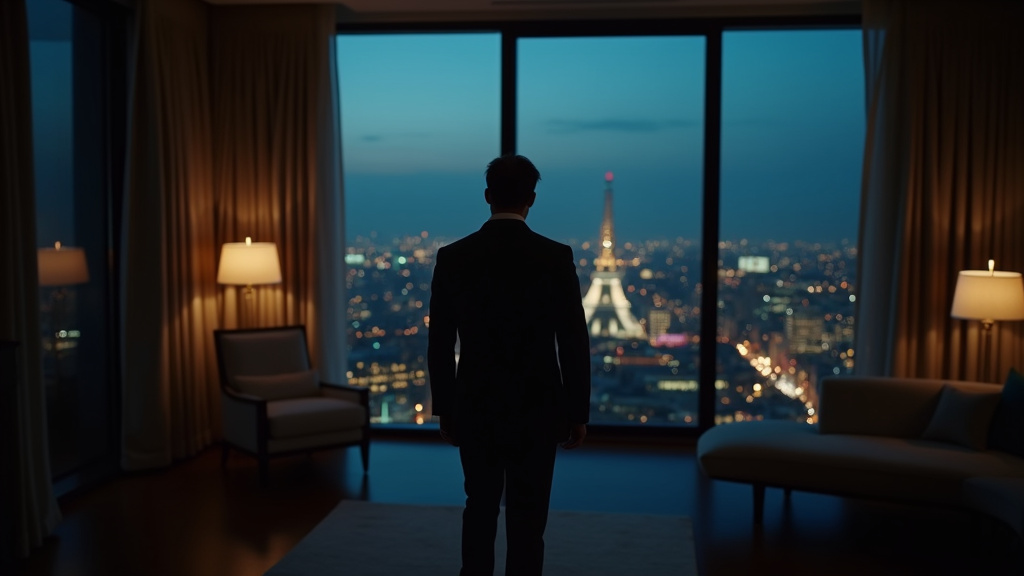London Sees Arrests Amidst Pro-Palestine Action Demonstration Following Ban
London, UK — Authorities in central London arrested more than two dozen individuals on Saturday following a demonstration in Parliament Square held in support of the activist group Palestine Action. The arrests, totaling over 20, were made on suspicion of terrorism offenses, according to official statements.
The protest unfolded just hours after Palestine Action was officially proscribed in Britain under anti-terrorism laws. The ban formally took effect at midnight on Saturday, immediately altering the legal landscape for the group and its supporters.
The Proscription and Failed Legal Challenge
The government’s decision to ban Palestine Action culminated on Friday night with the group losing a last-minute court battle. The legal challenge, mounted late Friday, sought to block the government’s proscription order. However, the attempt was unsuccessful, clearing the way for the ban to be enforced from Saturday morning.
Proscription under anti-terrorism legislation is a significant step that designates an organization as one involved in terrorism, making it a criminal offense to belong to the group, invite support for it, or display items in support of it. The move against Palestine Action places it in a category with dozens of other organizations designated by the UK government.
Activist Response and Claims
In the wake of the ban and the subsequent arrests, activists and their supporters have vehemently defended Palestine Action. They maintain that the group is non-violent and primarily advocates for civil disobedience as a means of protest.
They have sharply condemned the government’s decision to proscribe the group, describing it as an authoritarian measure that stifles legitimate protest and dissent. This narrative stands in stark contrast to the government’s action under anti-terrorism laws.
Scene in Parliament Square
Despite the newly enacted ban, supporters gathered in Parliament Square on Saturday to voice their solidarity. Demonstrators were seen holding placards expressing their views. One placard displayed prominently read, “I oppose genocide. I support Palestine Action.” This particular sign underscored the protestors’ connection between their stance on international events and their backing of the banned group.
The demonstration drew a police presence, and it was during this gathering that the arrests occurred, raising questions about the immediate impact of the proscription on public assembly and freedom of expression when linked to the designated group.
Official Response and Enforcement
The Metropolitan Police issued a statement confirming their actions in Parliament Square. The statement clarified that officers were acting where criminal offenses were being committed. This refers directly to the legal ramifications of Palestine Action being a now proscribed group, meaning certain activities, including publicly supporting the organization, could potentially fall under the scope of anti-terrorism legislation.
The police statement underlined the shift in the group’s legal status and the force’s mandate to enforce the law accordingly. The arrests highlight the immediate practical consequences of the proscription for individuals associating with or expressing support for Palestine Action in public settings.
Implications of the Ban
The proscription of Palestine Action marks a pivotal moment for the group and the broader landscape of activism in the UK. While the government cites anti-terrorism laws as the basis for the ban, drawing a link between the group’s activities and the criteria for proscription, supporters argue the decision is a politically motivated attempt to suppress activism targeting companies with links to Israel.
The legal battle on Friday evening represented a last-ditch effort to prevent the group from being designated, a move that significantly hinders its ability to operate openly and legally within the United Kingdom. The failure of that court challenge solidified the ban, setting the stage for Saturday’s confrontations and arrests.
The events in central London underscore the tension between state powers to counter perceived threats under anti-terrorism laws and concerns raised by civil liberties advocates regarding the potential impact on freedom of assembly and expression, particularly when applied to activist groups employing methods described by themselves as non-violent civil disobedience. The situation is likely to remain a point of contention as the legal and social implications of the ban continue to unfold.





